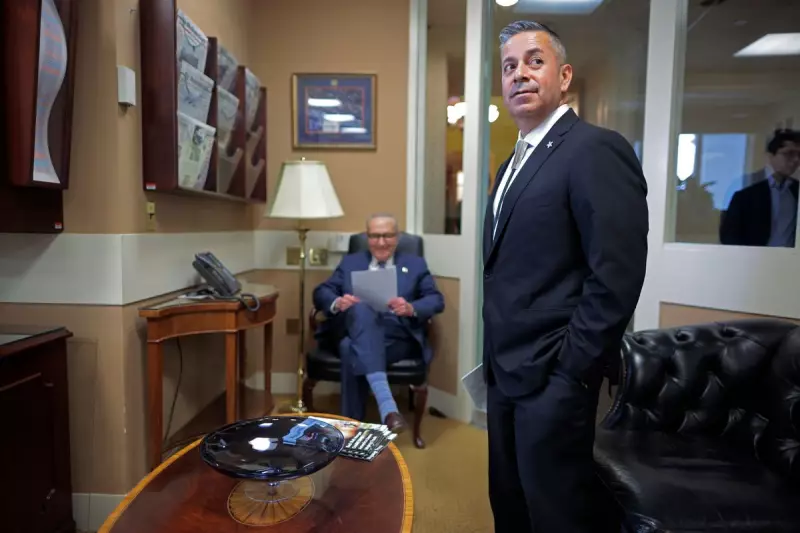
The United States is teetering on the brink of another government shutdown, with millions of low-income families potentially losing vital food assistance as political gridlock paralyses Washington.
Nutritional Safety Net Under Threat
At the heart of the crisis lies the Supplemental Nutrition Assistance Program (SNAP), commonly known as food stamps, which provides essential support to vulnerable households across America. The program, serving as a critical lifeline for millions, now faces severe disruption as political factions remain deadlocked over federal spending.
Partisan Standoff Escalates
Republican and Democratic lawmakers are engaged in a high-stakes game of political brinkmanship, with neither side showing signs of compromise. The impasse centres on government funding bills that must pass before the looming deadline to avoid a complete shutdown of federal services.
The consequences of this political failure would be immediate and severe:
- Millions of SNAP beneficiaries could see their benefits delayed or suspended
- Federal workers would face furloughs without pay
- Essential government services would grind to a halt
- Economic uncertainty would ripple through markets
Vulnerable Populations Bear the Brunt
While politicians trade accusations in Washington, the real impact would be felt by America's most vulnerable citizens. Families relying on SNAP benefits for their next meal, elderly individuals on fixed incomes, and children in low-income households would face immediate food insecurity.
"This isn't just political theatre," observed one policy analyst. "When the food assistance stops, real people go hungry. The human cost of these political battles is often overlooked in the heat of partisan warfare."
Historical Pattern of Crisis Governance
This latest standoff continues a troubling pattern in American politics, where government funding has become a recurring hostage in ideological battles. The frequency of these crises has raised concerns about the long-term stability of America's governance and its ability to provide basic services to citizens.
As the deadline approaches, both parties are positioning themselves to blame the other for any resulting chaos, while the Americans who depend on these essential programs wait anxiously for a resolution that seems increasingly elusive.





